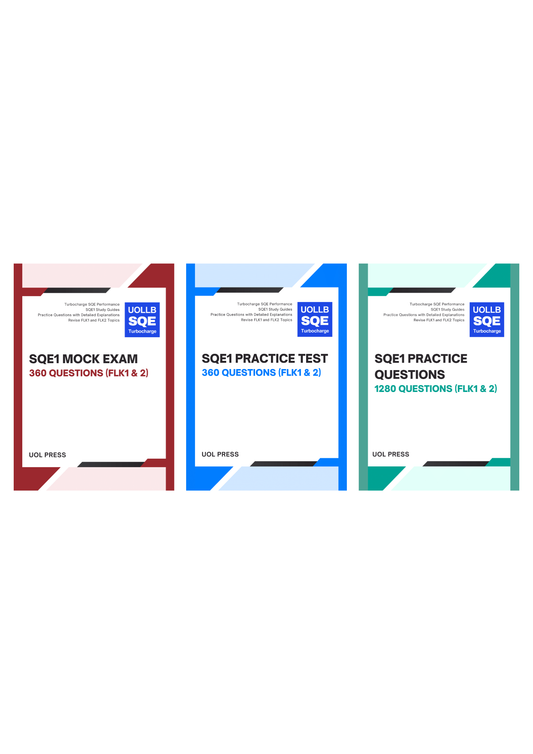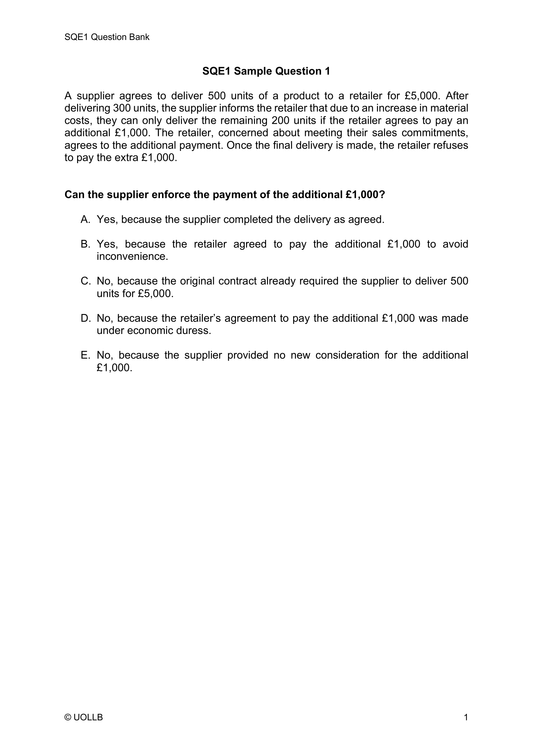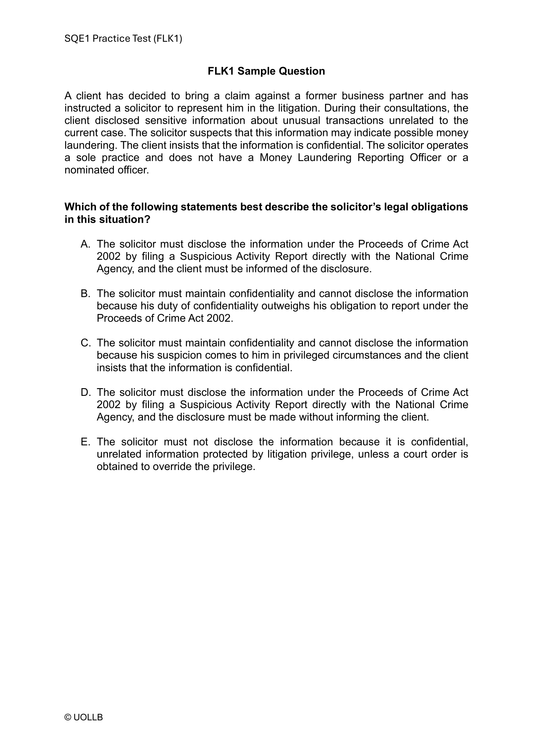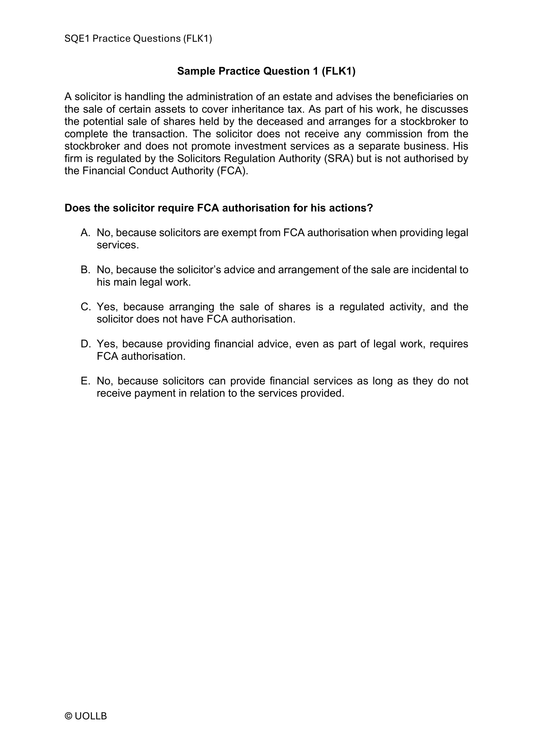Co-Operative Insurance Society v Argyll Stores [1997]
Share
Co-Operative Insurance Society v Argyll Stores [1997] 2 WLR 898 deals with the issue of whether specific performance should be granted to enforce a covenant requiring a tenant to keep their business premises open for the usual hours of business.
Argyll Stores, the anchor tenant in Co-Operative Insurance Society's shopping centre, was bound by a covenant in the lease requiring them to keep their premises open for the usual hours of business. However, after 16 years, Argyll Stores decided to close their store and dispose of the lease. Co-Operative Insurance Society sought specific performance of the covenant until the lease was assigned, but the judge initially denied the order, which was later granted on appeal by the Court of Appeal.
In the House of Lords, Lord Hoffmann delivered the decision, ultimately allowing the appeal and denying specific performance. Lord Hoffmann underscored that specific performance is considered an exceptional remedy in English law, distinct from common law damages. He referred to Dowty Boulton Paul Ltd v Wolverhampton Corporation [1971], emphasising the court's longstanding practice of not ordering specific performance for the obligation to carry on a business.
Lord Hoffmann elucidated three key reasons for the general reluctance to order specific performance in cases involving the continuation of a business. Firstly, the constant need for court supervision, not necessarily literal but involving repeated applications and orders to ensure compliance, poses practical challenges. Contempt orders, a likely enforcement mechanism, are quasi-criminal and entail heavy costs for the defendant.
Secondly, there is a concern about plaintiff enrichment at the defendant's expense. Lord Hoffmann highlighted that the loss suffered by the plaintiff in complying with the order might exceed the loss resulting from a breached contract. Allowing the plaintiff to receive more than the value of performance is deemed unjust, as the purpose of contract law is to satisfy the expectations of the entitled party, not to punish wrongdoing.
Thirdly, Lord Hoffmann considered the public interest. Requiring a business to operate at a loss is viewed as wasteful, and it fosters a continuing hostile relationship between the parties. In contrast, an award of damages brings the litigation to a conclusion more effectively.
Applying these principles to the present case, Lord Hoffmann suggested that, in practice, the defendant would likely find an assignee or conduct the business in a manner that avoids enforcement proceedings. However, he deemed the likelihood of the defendant having to perform beyond the covenant's requirements or buy its way out of obligations as an objection to the specific performance order, making it undesirable for judges to issue such orders that work only if not closely examined.
In summary, Lord Hoffmann's decision emphasises that specific performance of obligations to carry on a business is generally not favoured due to practical difficulties, potential unfair enrichment of the plaintiff, and considerations of public interest.


























































